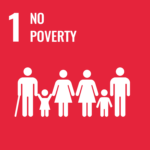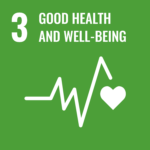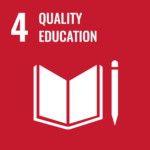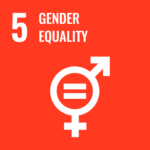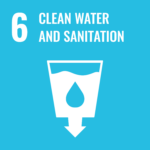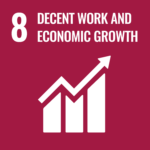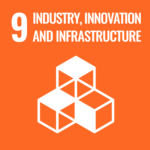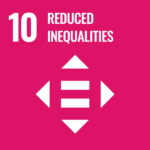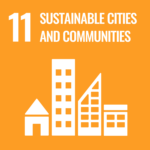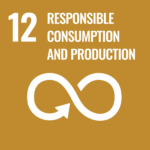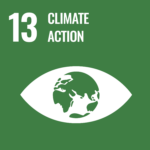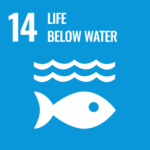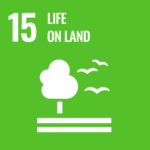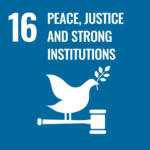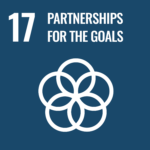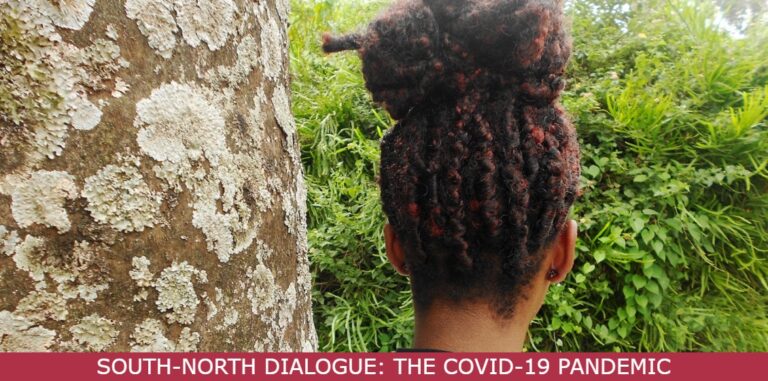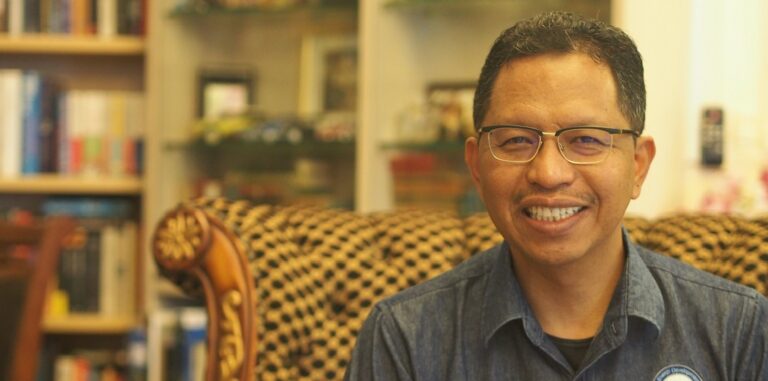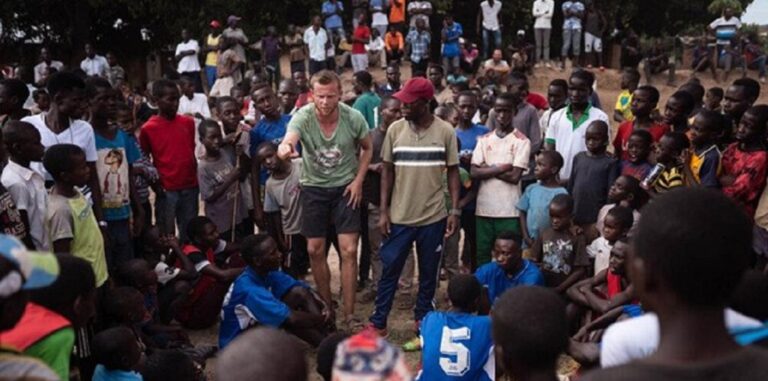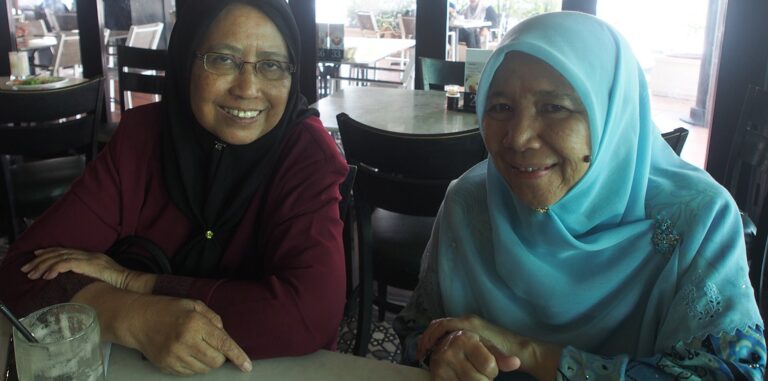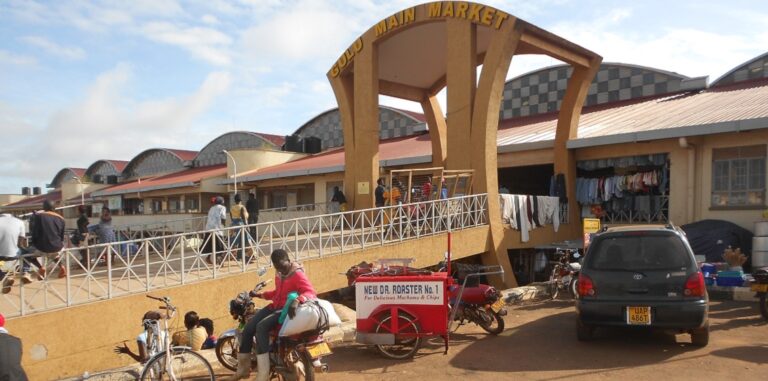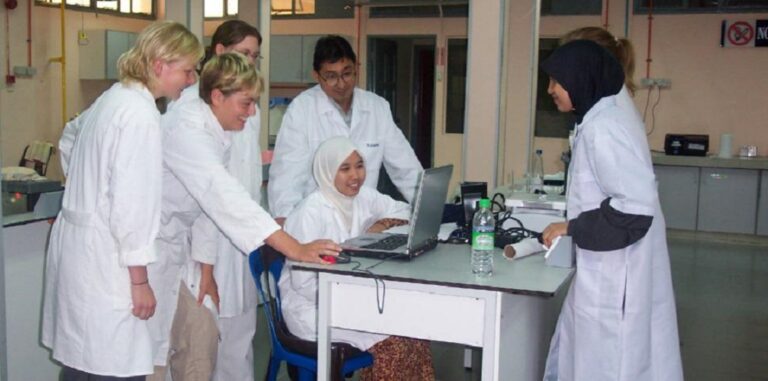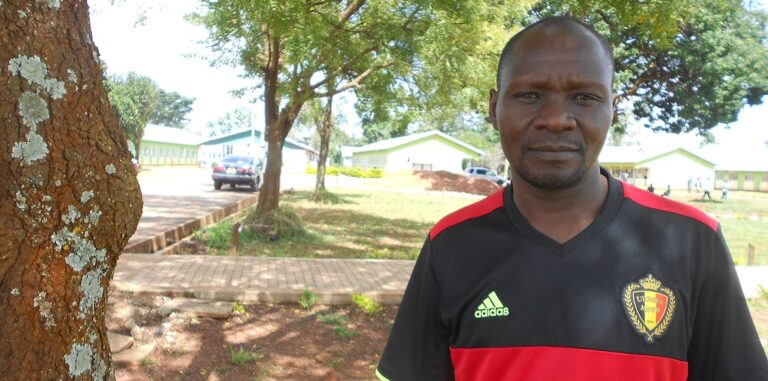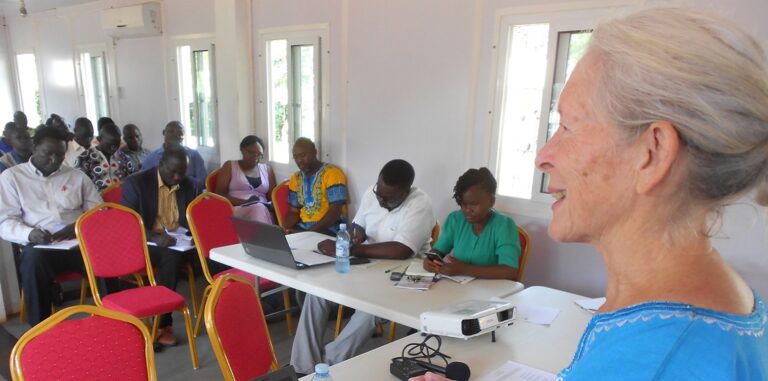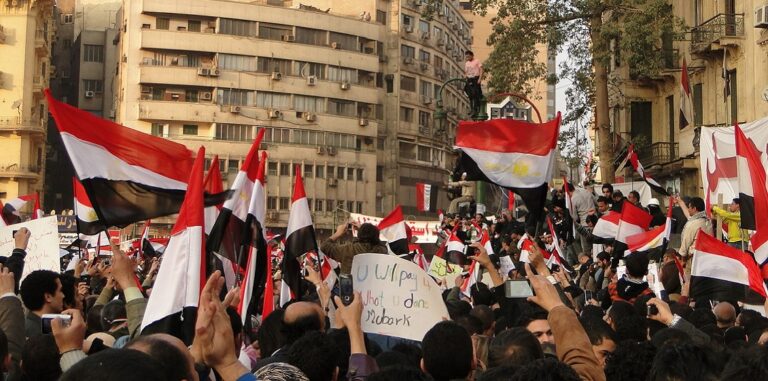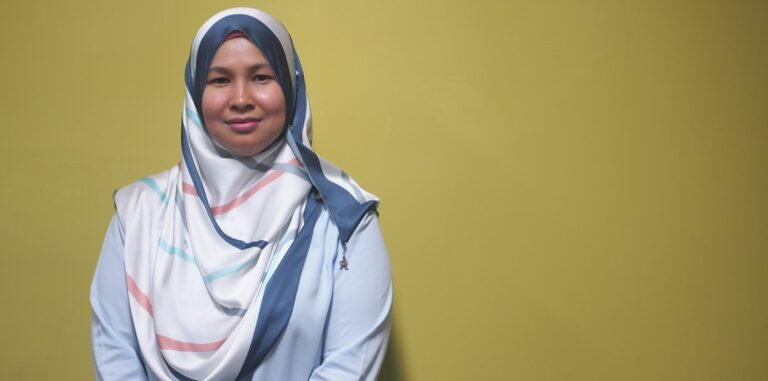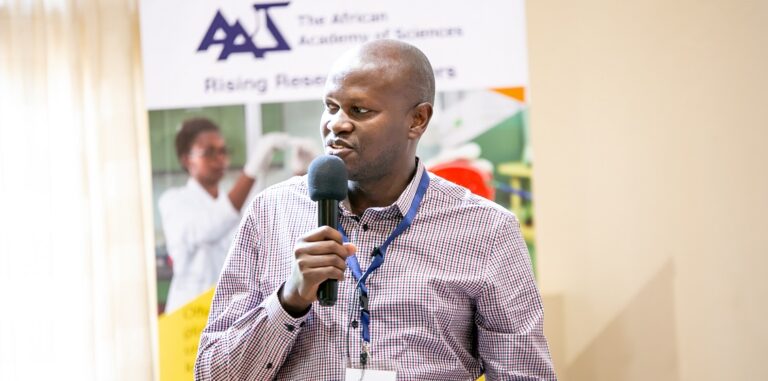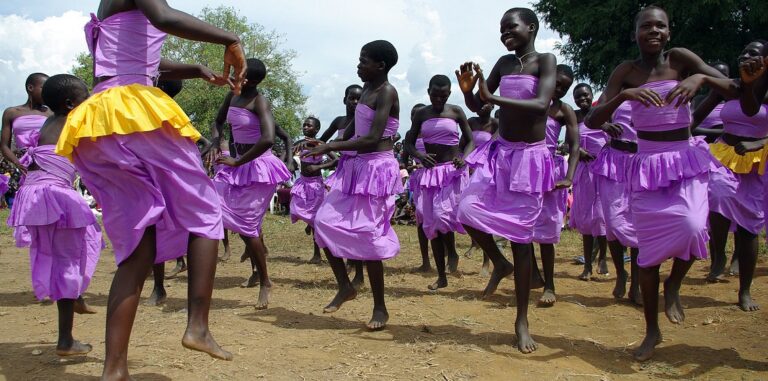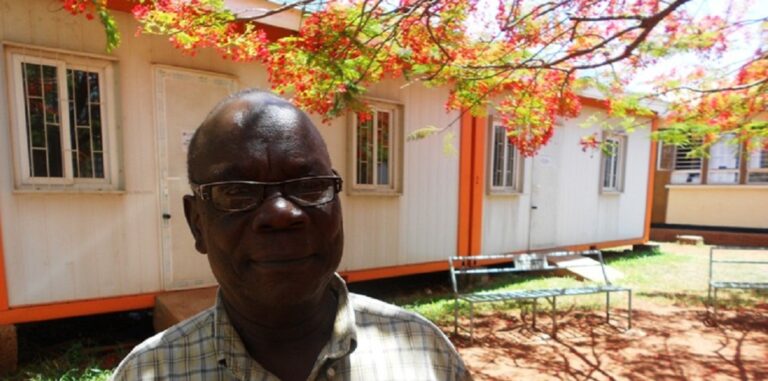“It is a lonely space”
Twenty-year old chef Amina (not real name) is as beautiful as they come. She speaks with melodic intonations and when she smiles, she bears the look of a happy girl. Behind that, however, is a life of emotional ruptures that,...
Read More
The MUCED experience: New teaching methods in Malaysia
One of the elements in MUCED was introducing Malaysian lecturers and students to new teaching methods. This introduction to group work and Problem Based Learning (PBL) had both direct and indirect benefits in the Malaysian higher education system, participants says.
Read More
Mbete Youth Football Project sets the ball rolling in rural Zambia
African footballers have always enthralled the English Premier League fans, but have you ever thought of the hardships that they had to endure to reach up to that stage. Football is not just a sport for the youth in Africa but a way for them to escape poverty. As the founder of the Mbete Youth Football Project, Buster Emil Kirchner shares his experience coaching the rural youth in Mbete, Zambia.
Read More
Malaysian University Consortium for Environment and Development – Industry & Urban Areas
MUCED started activities in 2001, 20 years ago. What do different participants in the programme think of it? Does it have any impact today? Has it changed their mindset or influenced their future career? We have asked different people involved in MUCED about their opinion and how it have influenced their life prospectively.
Read More
Uganda’s Lost Generation: “A Double Strand Approach to Education Could Be the Best Option”
13 years ago, the armed conflict in Northern Uganda ended. Government forces fought the Lord’s Resistance Army (LRA) rebels. Local and international groups have invested a lot of resources in the region in an attempt to return it to decency. Today, perhaps nothing worries them more than the children of the war and their offsprings, described as The Lost Generation.
Read More
Director of DUCED, Niels Thygesen: ‘A well-functioning educational sector is the key to development’
'When it comes to capacity building in higher education systems, it is much harder to show direct evidence of the development effect in society' says Niels Thygesen, Director of DUCED I&UA almost 20 years ago, 'the effect of the DUCED/LUCED programme was massive in the targeted countries; the initiatives implemented almost 20 years ago have rubbed off even to this day'.
Read More
Blended System: E-Learning and Democracy for Education in Africa
Geoffrey Tabo Olok in 2016 enrolled at Aalborg University to study e-learning for his PhD. Olok and his supervisors now have their eyes on an ambitious plan to establish a centre of excellence in ICT research and learning not only for Gulu University but also to improve Africa’s relevance in that area.
Read More
From North to South: Gulu University Steadily Takes Up Problem Based Learning
On a cloudy October Friday at Gulu University, a few dozens of Masters students from the Faculty of Business and Development Studies fill up a little shelter set up by the Building Stronger Universities (BSU) project for workshops and conferences. One group after another, from within themselves, they step forward to present their research works to a makeshift team of internal and external examiners. The audience includes their peers, their supervisors, and professors Inger Lassen and Iben Jensen from Aalborg University in Denmark.
Read More
“People expected political transformations and democratisation in a second”
In September 2018, Mostafa Shehata defended his PhD Dissertation: "Newspaper and Social Network Sites in Egypt After the 2011 Revolution: Connective Action, Communication Power and Mediatization of Politics", at Roskilde University (RUC) in Denmark. He concluded that “media can provide a good space for mobilisation for a specific amount of time. But in the long run, you will need strong presence ‘on the ground’, and organisations to support your mobility and your movement”.
Read More
“I want to give back what I learned to our society”
When Dr. Norazana Ibrahim did her Ph.D. project at the Technical University of Denmark (DTU), she could confirm that agricultural waste should be an important energy resource in Malaysia. Now comes the difficult part of commercializing the technology in the Malaysian waste management industries.
Read More
Kenya: The troubles of a science PhD from the West
Graduate students of the London School of Economics and Political Science gathered at Kenya’s coast in September 2018, where the Secretary-General of the United Nations Conference on Trade and Development (UNCTAD) Dr Mukhisa Kituyi told them: “With your international credibility, it is easier and tempting to leave and take out of the continent the little intellectual resource that could solve problems their countries face.”
Read More
Decent work and economic growth Gender equality News No poverty Peace, justice and strong institutions Quality education
Gulu’s Post War Urban Youth: Where is their Future?
A dusty road leads me to Pece Primary School on the outskirts of Gulu town, a city in the northern Uganda. Just opposite the school, is a signpost that reads: “Gulu University Institute of Peace and Strategic Studies [IPSS].” It points towards a sizeable block sitting on an enclosed acre of land. The building’s cream walls and green roof have greyed due to age, Dr. Stephen Langole is a social scientist, who has studied different aspects of post war life in northern Uganda. This time we are going to talk about his PhD thesis, UrbanYouth in Post-conflict Northern Uganda: Networking Livelihood Resources.
Read More
From Primary School Teacher to PhD: Could Odama’s Thesis Be the Key to Correct Uganda’s Education?
One of Uganda’s key concerns in education over the years has been the growing rift in performance between urban and rural schools. Primary and Secondary school grades in the national examinations largely tend to decline with distance moved from the country’s capital, Kampala. Solutions to bridge this gap and restore parity, however, could be in a book gathering dust in Gulu University’s library. Dr. Stephen Odama is fully aware that the knowledge in his PhD thesis could go unutilised, the way of most academic research in Uganda, unless there is publicity and awareness about his findings and recommendations.
Read More



